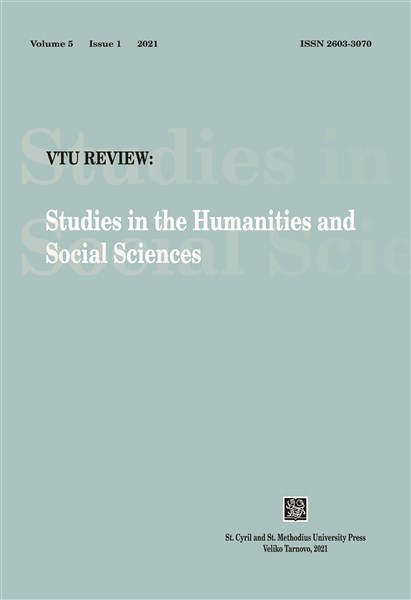Writing as Truth-Seeking According to Elizabeth Barrett Browning’s 𝐸𝑠𝑠𝑎𝑦 𝑜𝑛 𝑀𝑖𝑛𝑑 (1826)
Writing as Truth-Seeking According to Elizabeth Barrett Browning’s 𝐸𝑠𝑠𝑎𝑦 𝑜𝑛 𝑀𝑖𝑛𝑑 (1826)
Author(s): Yana RowlandSubject(s): Language and Literature Studies, Literary Texts, Poetry, Studies of Literature, British Literature
Published by: Великотърновски университет „Св. св. Кирил и Методий”
Keywords: Elizabeth Barrett Browning; truth; time; poetry; knowledge; identity; hermeneutics
Summary/Abstract: Whether devoted to family members (𝑇𝑜 𝑀𝑦 𝐹𝑎𝑡ℎ𝑒𝑟 𝑜𝑛 𝐻𝑖𝑠 𝐵𝑖𝑟𝑡ℎ-𝐷𝑎𝑦, 𝑉𝑒𝑟𝑠𝑒𝑠 𝑡𝑜 𝑀𝑦 𝐵𝑟𝑜𝑡ℎ𝑒𝑟), poets (Pope, Byron), or patriots and national heroes (Rigas Feraios, Rafael del Riego y Núñez), Elizabeth Barrett Browning’s occasional verses, companion poems, elegies and philosophical reflections in her earliest published collection, 𝐴𝑛 𝐸𝑠𝑠𝑎𝑦 𝑜𝑛 𝑀𝑖𝑛𝑑, 𝑤𝑖𝑡ℎ 𝑂𝑡ℎ𝑒𝑟 𝑃𝑜𝑒𝑚𝑠 (1826), represent a versatile dialogue with past which she pursued consistently to claim a voice and identity of her own. She conceptualized time, suggesting that the emergence of selfhood lay across a journey ‘to the grave“ (viz. supplementary analysis of 𝐵𝑜𝑜𝑘 𝐼, 𝐴𝑛 𝐸𝑠𝑠𝑎𝑦…). In this paper, I aim at revealing the ontological range of writing according to𝐴𝑛 𝐸𝑠𝑠𝑎𝑦 𝑜𝑛 𝑀𝑖𝑛𝑑. From a hermeneutic standpoint, I defend the writer’s faith in experiential knowledge as foundation for the creative process while I also explore her interest in learning as duty and in poetry as truth-seeking and truth-telling.
Journal: VTU Review: Studies in the Humanities and Social Sciences
- Issue Year: 6/2022
- Issue No: 1
- Page Range: 49-59
- Page Count: 11
- Language: English

